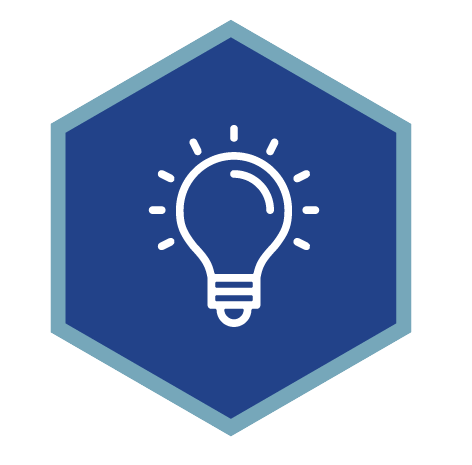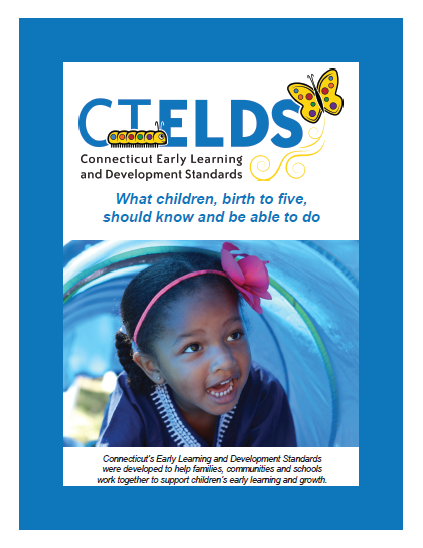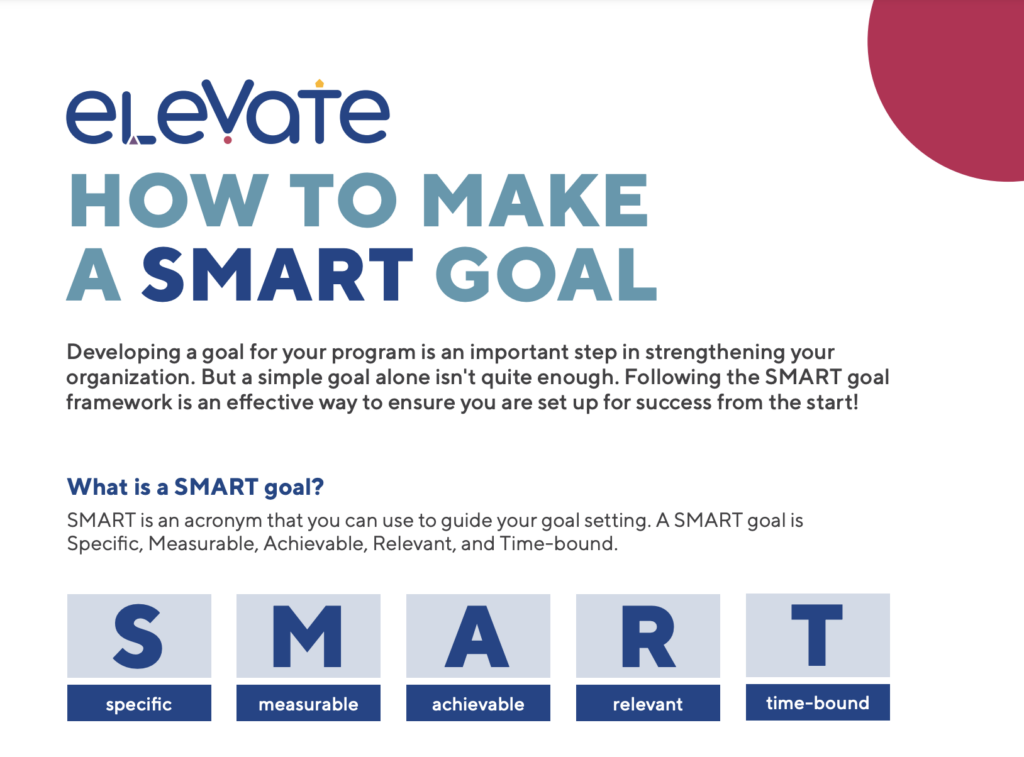As an early care educator, supporting young children’s learning and development is the core of your daily work.
Find resources to plan your curriculum, partner with families, and more.

Reflect

Self-reflection checklists can help guide you in creating goals related to supporting child development. Check out these checklists: Planning Learning Experiences, Playful Learning, and Supportive Interactions.
Take action

Transitions can be challenging for many children. The Pyramid Model offers practical guidance and illustrated visual cards that will help.

CT Early Learning and Development Standards (CT ELDS): Use the ELDS to understand and support children’s learning from birth to age 5.
Dive deeper
Check out some more resources to help you support child development.
- Connecticut Association for Infant Mental Health: Explore their library of trainings.
- Program support for social and emotional development: OEC offers many resources and opportunities to help your program support the social and emotional competence of young children in your care.
- Focus on Dual Language Learners: Access free online modules and other resources related to working with young dual language learners.
- Fostering Essential Dispositions in Young Children (video): Watch a video explaining 6 essential dispositions of competent learners.
- Pyramid Model: The Pyramid Model for Supporting Social Emotional Competence in Infants and Young Children has many resources and strategies to:
- Promote social and emotional development
- Prevent challenging behavior
- Supporting All Children Using the CT ELDS: Watch videos and review resources related to the CT ELDS.
Sample SMART Goals

Here are some sample SMART Goals that you can use to build your Elevate Program Plan for the Focus Area of Support Child Development.
Family Child Care Homes
- By ______________ , I will train on at least 3 ELDS learning domains and build them into my current curriculum.
Center and Group Homes
- By _______________, each of our classrooms will complete a minimum of 4 observations of their children’s learning and development using the CT DOTS framework. These observations will include both Planned Experiences and Naturalistic Observations across multiple Domains and Learning Progressions outlined in the CT ELDS and recorded in a template designed with input from the classroom teachers.

Our Service Navigators are experienced guides who can talk about your program’s needs and find ways to meet them. Connect with a Service Navigator.

